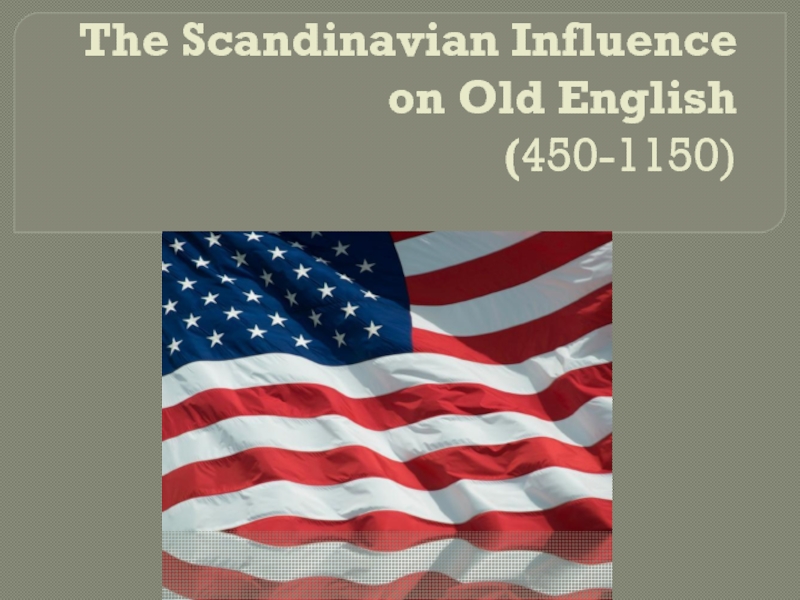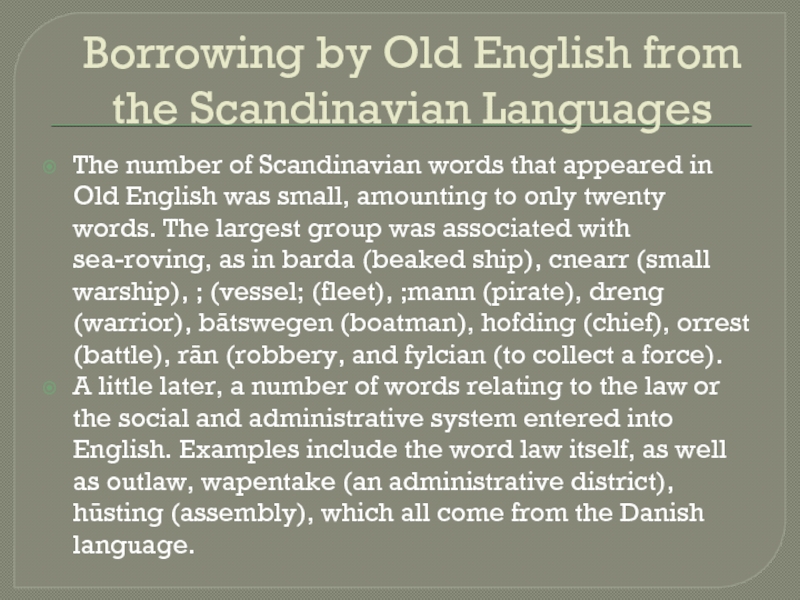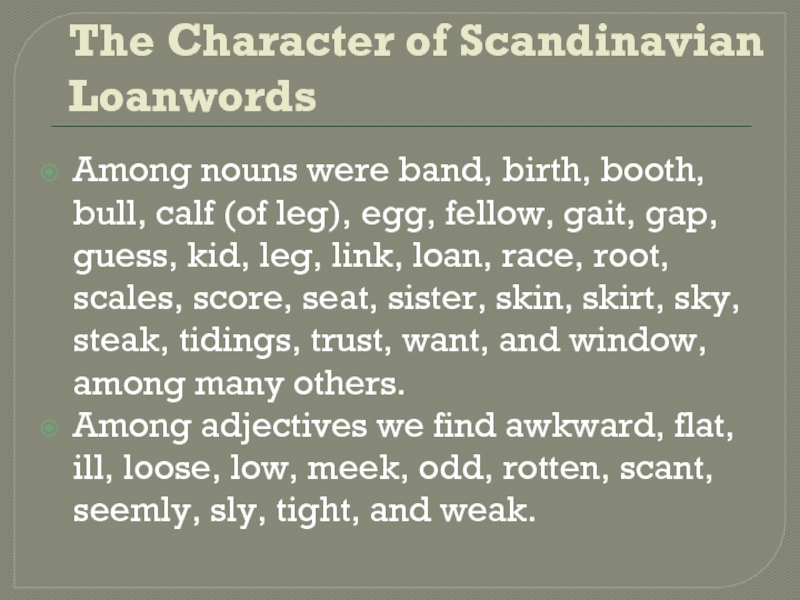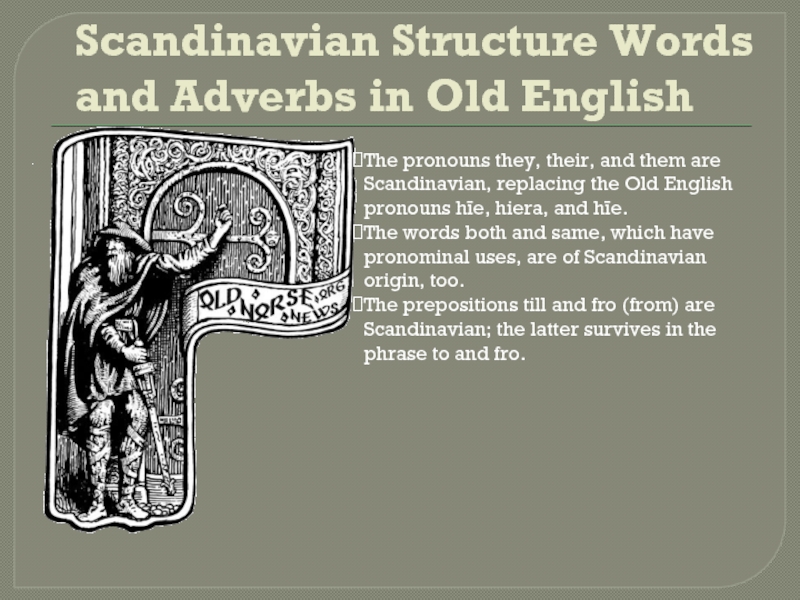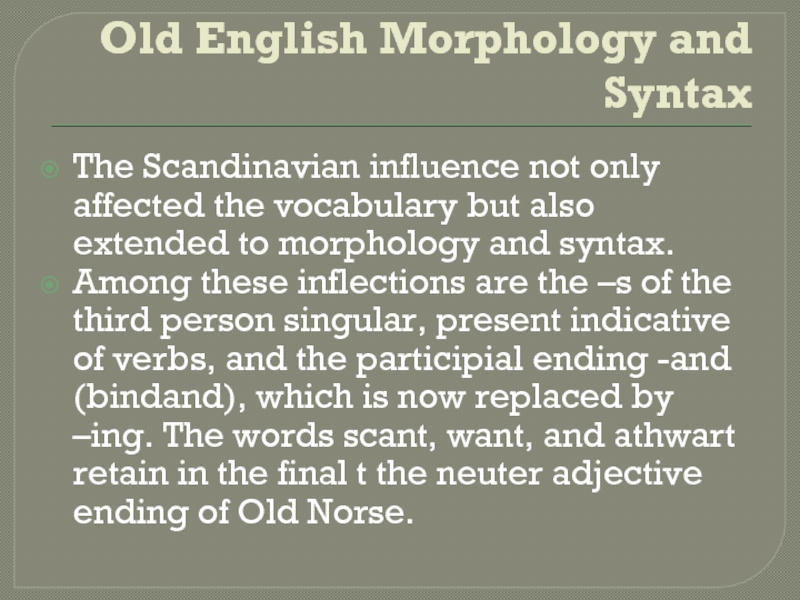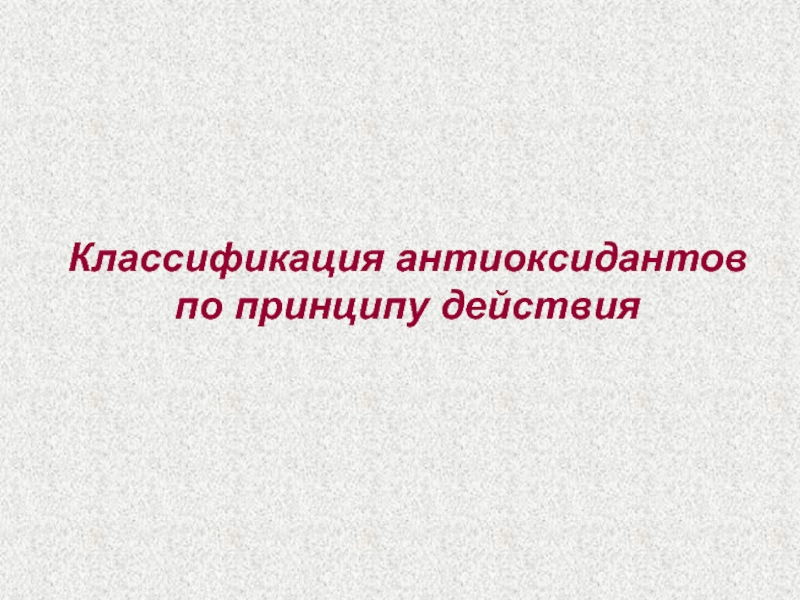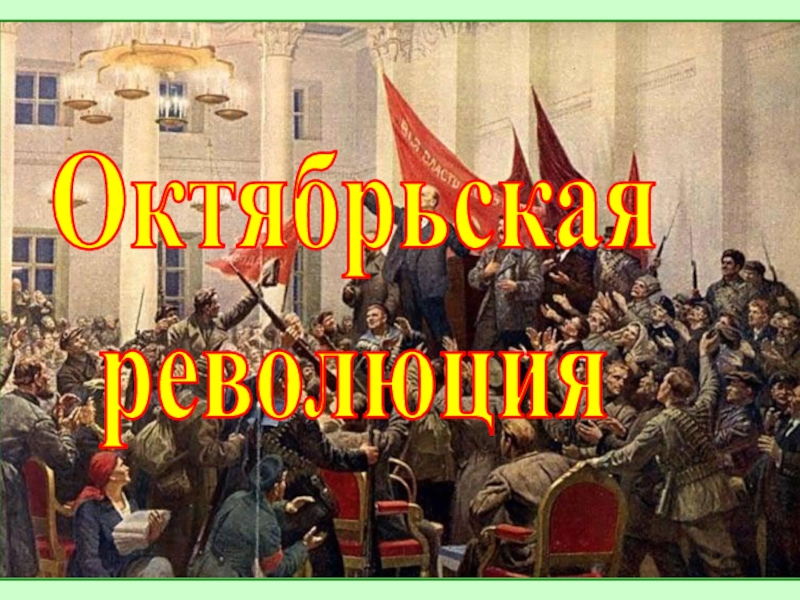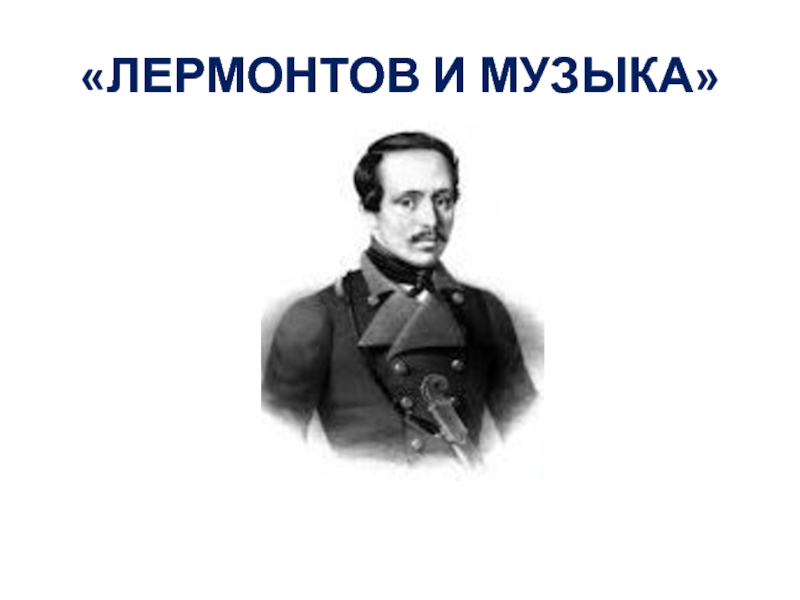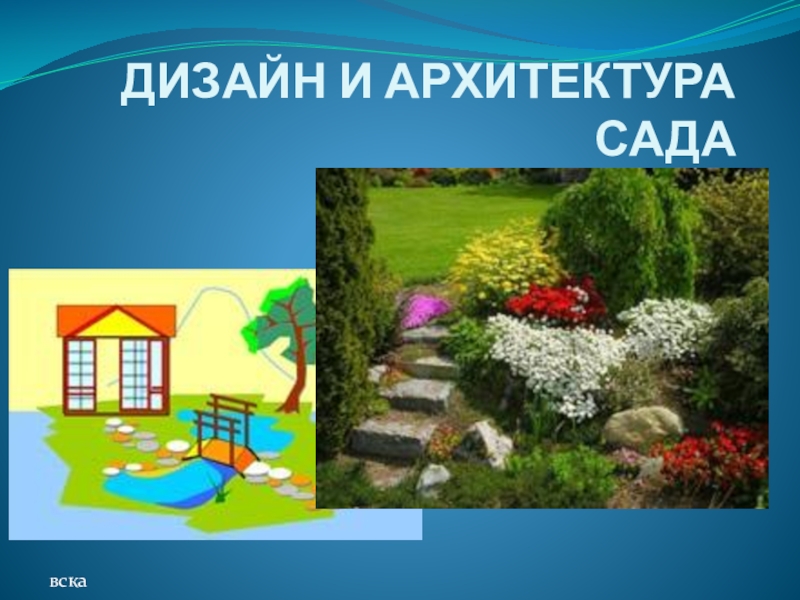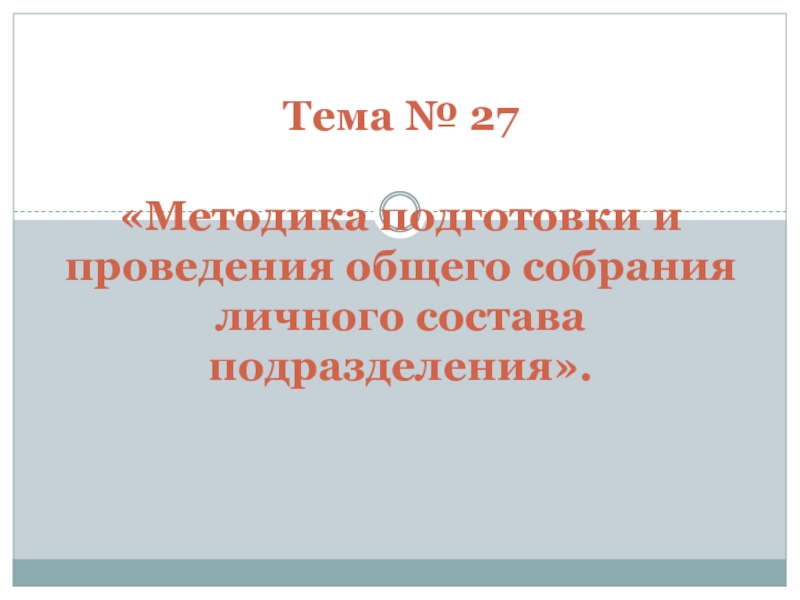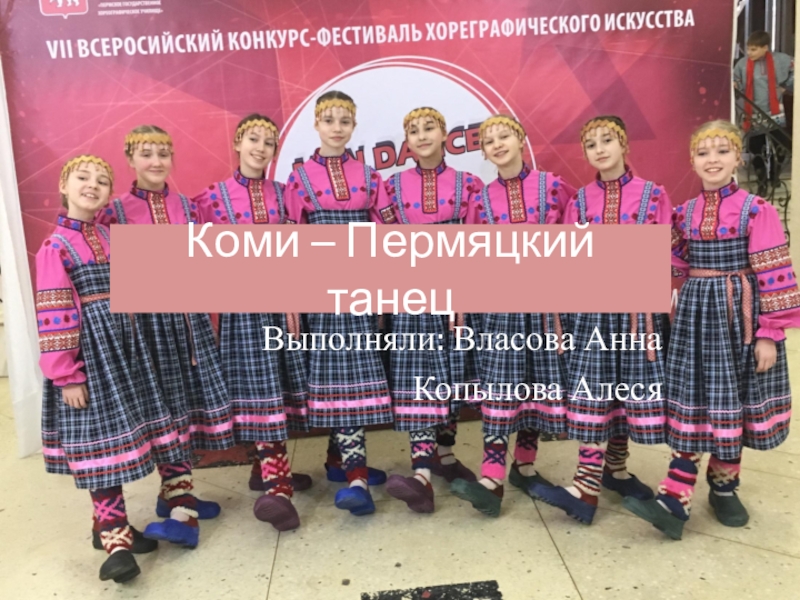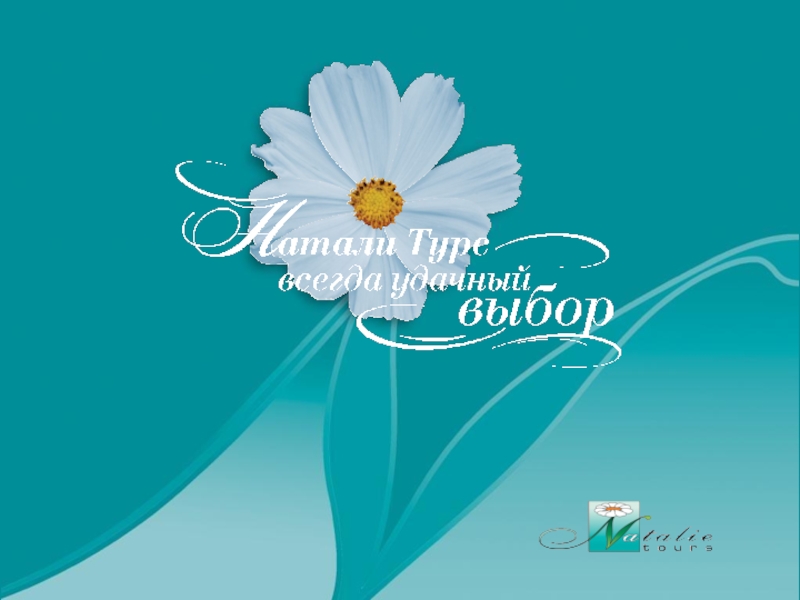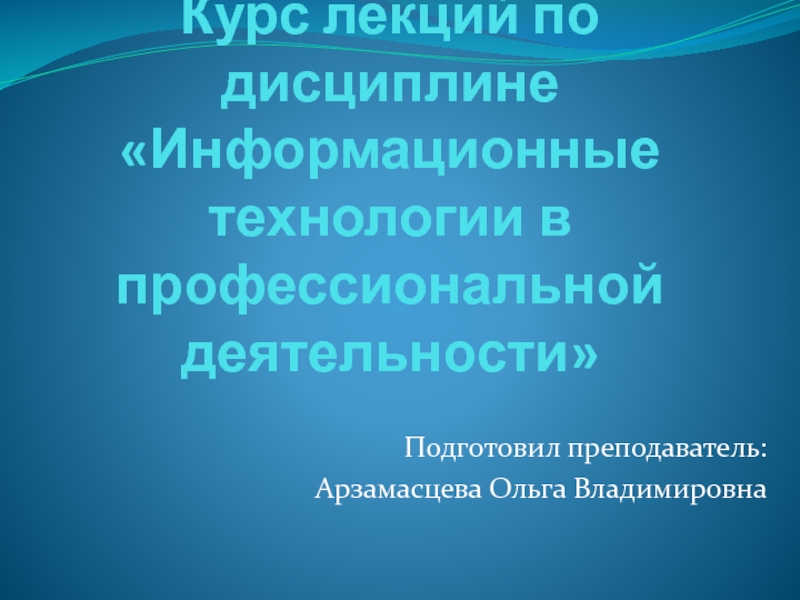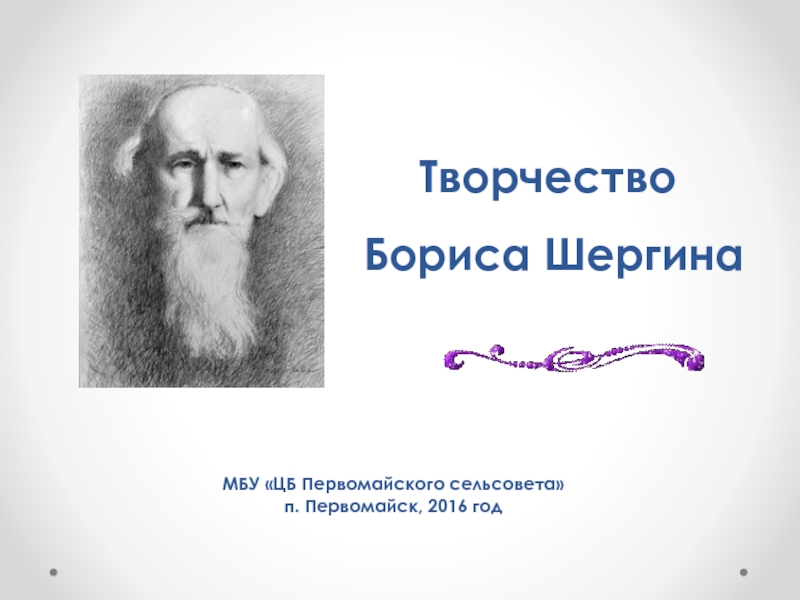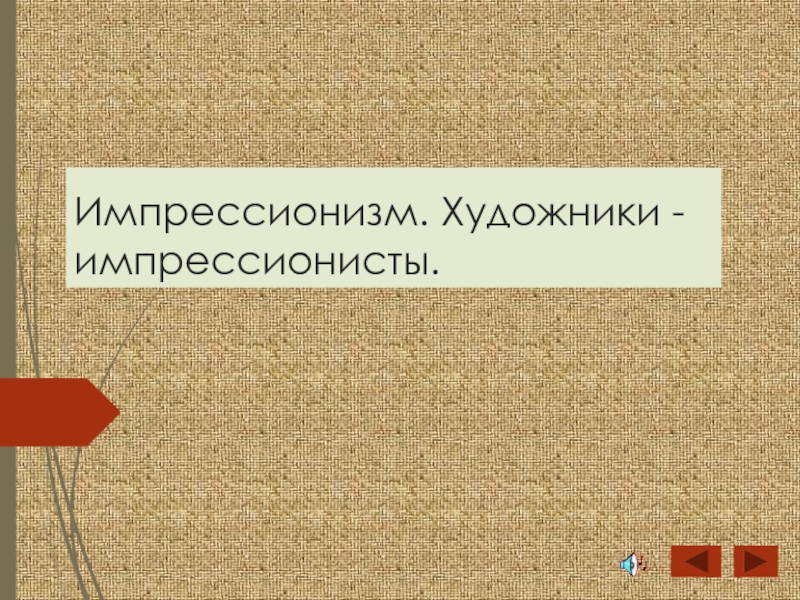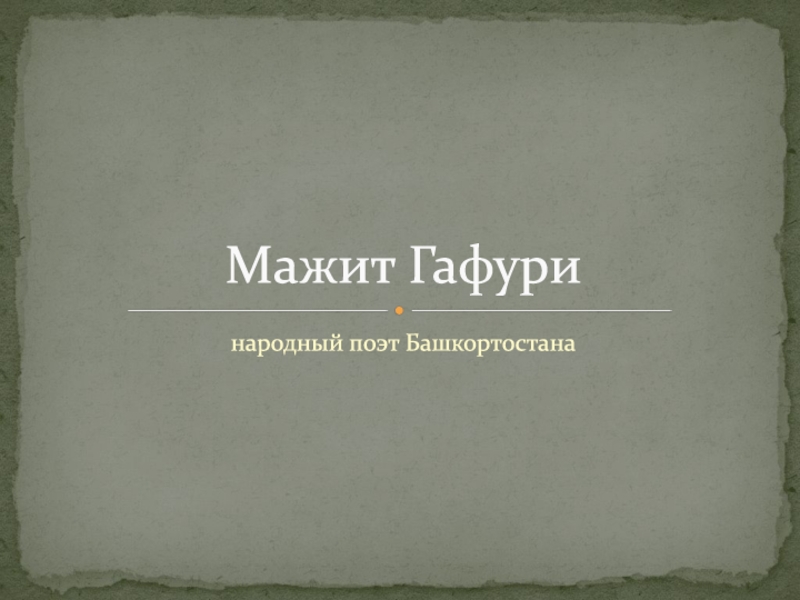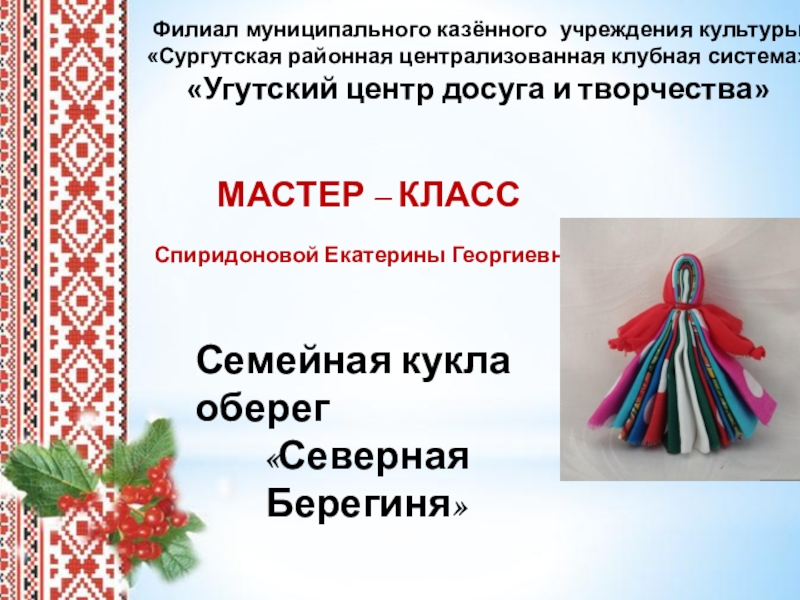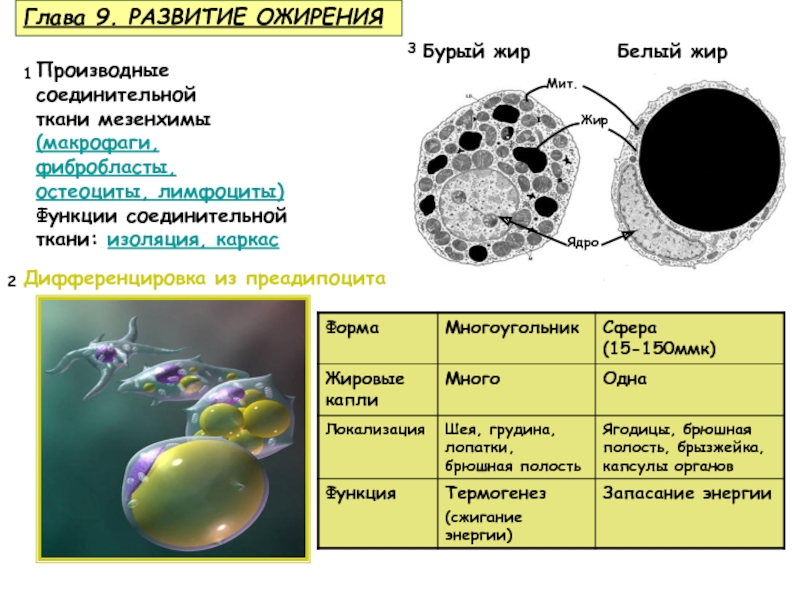Разделы презентаций
- Разное
- Английский язык
- Астрономия
- Алгебра
- Биология
- География
- Геометрия
- Детские презентации
- Информатика
- История
- Литература
- Математика
- Медицина
- Менеджмент
- Музыка
- МХК
- Немецкий язык
- ОБЖ
- Обществознание
- Окружающий мир
- Педагогика
- Русский язык
- Технология
- Физика
- Философия
- Химия
- Шаблоны, картинки для презентаций
- Экология
- Экономика
- Юриспруденция
The Scandinavian Influence on Old English ( 450-1150 )
Содержание
- 1. The Scandinavian Influence on Old English ( 450-1150 )
- 2. Introduction
- 3. Settlers
- 4. Scandinavian Place-names and Personal Names in England
- 5. Borrowing by Old English from the Scandinavian
- 6. The Character of Scandinavian LoanwordsAmong nouns were
- 7. Scandinavian Structure Words and Adverbs in Old
- 8. The Scandinavian Effect on Old English Morphology
- 9. Conclusion
- 10. Скачать презентанцию
Introduction
Слайды и текст этой презентации
Слайд 4Scandinavian Place-names and Personal Names in England
More than 600 places
bear Scandinavian names.
some districts in the counties of Yorkshire and Lincolnshire about 75 percent of the place-names are of Scandinavian origin.Слайд 5Borrowing by Old English from the Scandinavian Languages
The number of
Scandinavian words that appeared in Old English was small, amounting
to only twenty words. The largest group was associated with sea-roving, as in barda (beaked ship), cnearr (small warship), ; (vessel; (fleet), ;mann (pirate), dreng (warrior), bātswegen (boatman), hofding (chief), orrest (battle), rān (robbery, and fylcian (to collect a force).A little later, a number of words relating to the law or the social and administrative system entered into English. Examples include the word law itself, as well as outlaw, wapentake (an administrative district), hūsting (assembly), which all come from the Danish language.
Слайд 6The Character of Scandinavian Loanwords
Among nouns were band, birth, booth,
bull, calf (of leg), egg, fellow, gait, gap, guess, kid,
leg, link, loan, race, root, scales, score, seat, sister, skin, skirt, sky, steak, tidings, trust, want, and window, among many others.Among adjectives we find awkward, flat, ill, loose, low, meek, odd, rotten, scant, seemly, sly, tight, and weak.
Слайд 7Scandinavian Structure Words and Adverbs in Old English
The pronouns they,
their, and them are Scandinavian, replacing the Old English pronouns
hīe, hiera, and hīe.The words both and same, which have pronominal uses, are of Scandinavian origin, too.
The prepositions till and fro (from) are Scandinavian; the latter survives in the phrase to and fro.
Слайд 8The Scandinavian Effect on Old English Morphology and Syntax
The Scandinavian
influence not only affected the vocabulary but also extended to
morphology and syntax.Among these inflections are the –s of the third person singular, present indicative of verbs, and the participial ending -and (bindand), which is now replaced by –ing. The words scant, want, and athwart retain in the final t the neuter adjective ending of Old Norse.
